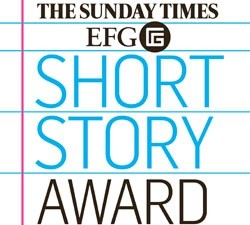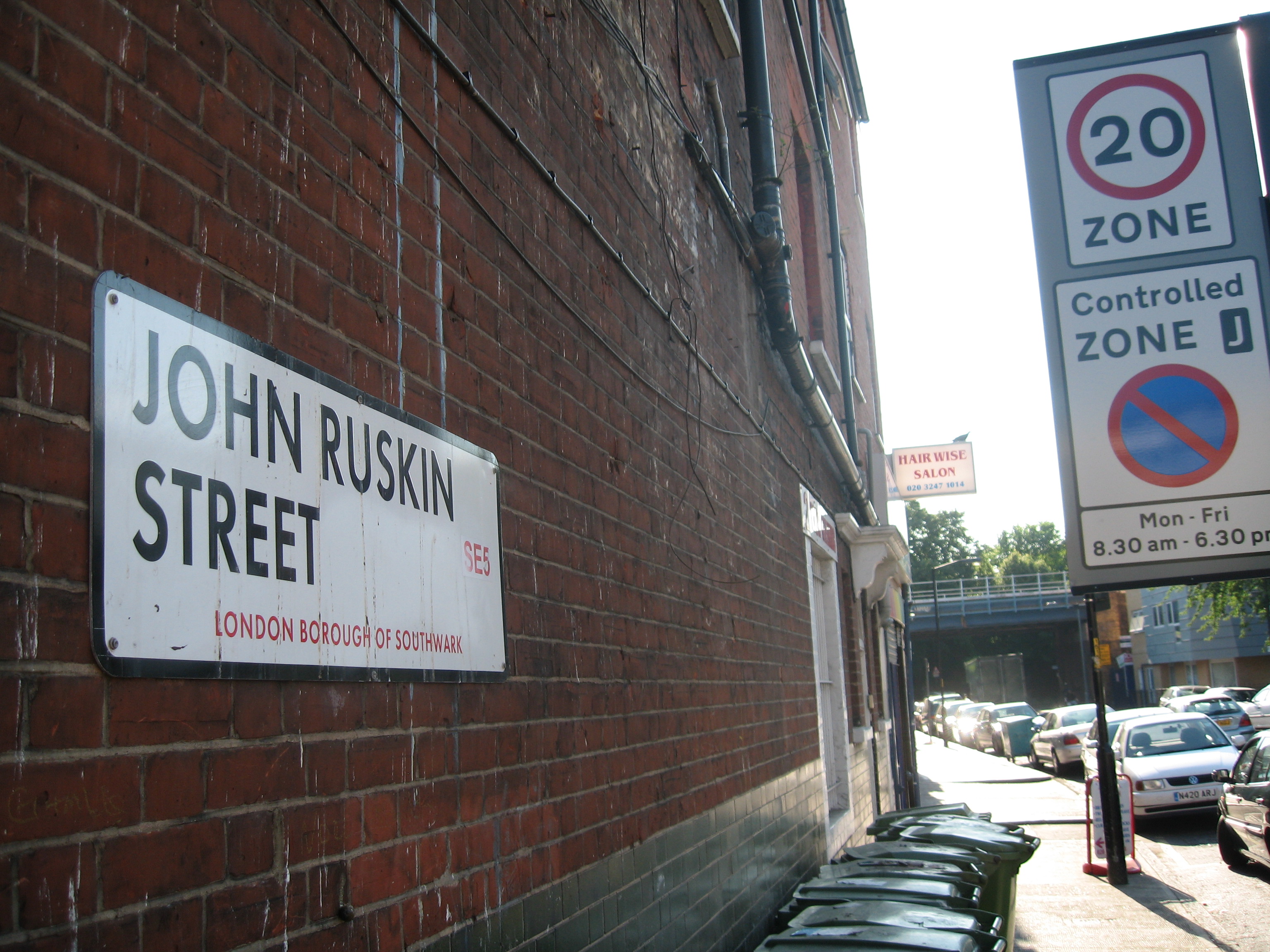Violence, dwarves and luxury flats, literature’s classic triple-threat, come together in Camberwell’s submission for the richest prize in short story writing.
‘The Dwarves of Camberwell’, a chilling piece by Southwark resident and fanboy Dylan Orchard, takes a surrealist look at London’s ongoing gentrification. Up for the Sunday Times EFG Short Story Award, it imagines a sinister secret behind Camberwell’s constant building work, constructing a 1,200 word world in which the men in high-vis jackets are up to more than they say.
His first nomination, despite the strength of Orchard’s suspense-based dystopian style, the writer thinks the whole situation may be too good to be true. “I can’t really imagine myself winning” he said “or at least I don’t want to let myself imagine it. Putting myself on par with all the previous winner’s just seems farfetched. It’s still a fun ride though, and it feels good to represent Camberwell.”
Asked whether ‘The Dwarves of Camberwell’ was at least the tale of Orchard’s that he felt most deserved celebration, he said: “It’s a cute story. I’m proud of it. But I think if I was going to place faith in any of my work to actually win a prize it would be my first published novel ‘Crashed America’.” With a lofty 4.7 stars on Amazon, Orchard may be right.
Despite his crippling self-doubt, Camberwell is behind Orchard. “I think he can win” said Craig Frary, bartender and local (26), “I’ve read his story and it’s good. Plus Camberwell is a really creative place, good writers should come from here.”
The area does indeed boast a proud artistic tradition; hosting the South London Gallery, University of Arts London, and once upon a time the Fine Art and Textiles Department of Goldsmiths University. Its creative atmosphere has nurtured generations of literary and poetic legends; such as Robert Browning, John Ruskin and Thomas Hood, the latter of which composed at least two poems praising Camberwell’s clean air.
That being said, with a £30,000 grand prize the EFG has a highly competitive heritage. Open to any story of fewer than 6000 words, its winners (the list of whom includes New Zealand author C.K. Stead, Dominican-American author Junot Diaz and Americans Adam Johnson and Anthony Doerr) have an impressive tradition of going on to win the Pulitzer prize.
“Honoured and very very hopeful” summed up 2015 victor Yiyun Li’s post-win buzz, the prize excelling the public profile of its winners in a way traditional endorsement cannot compete with. “I couldn’t have anticipated the rise in sales that came with winning, it put my work into a spotlight that I don’t think I could have done on my own”. Indeed, as well as the financial benefits that come with the EFG, as 2012 winner Kevin Barry puts it: “prizes are important. It’s always just great to win”.
But for the time being both Orchard and Camberwell can do nothing but keep their collective fingers crossed, the EFG shortlist not being announced until 2017. Asked if he would become any less pessimistic before then, Orchard said: “well I guess you never know”, followed by a quip about the Premier League cup now belonging to Leicester.






